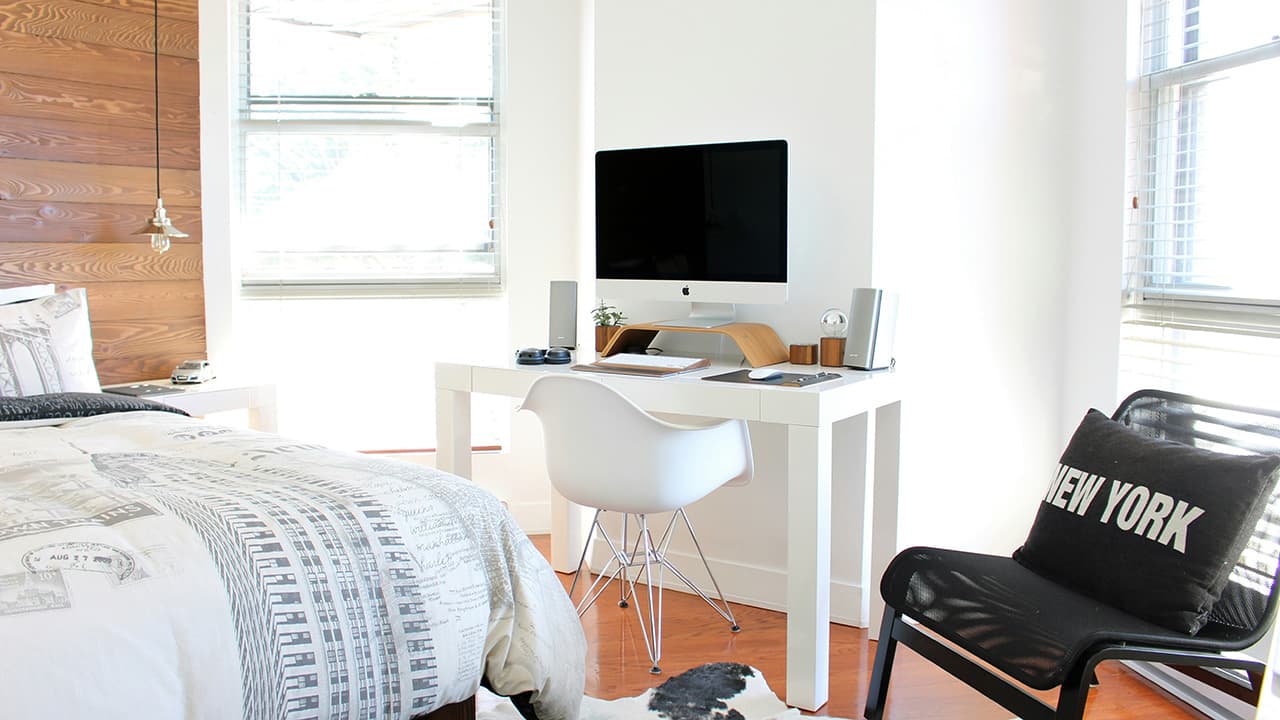Why Do People Still Prefer to Work from Home in 2024?
The concept of working from home has transformed the traditional work landscape dramatically. Even in 2024, many people still prefer this model over the conventional office setup. But why does working from home continue to be so popular? Let's take a closer look at the reasons behind this enduring preference.
Flexibility and Convenience
One of the most appealing aspects of working from home is the incredible flexibility it offers. Employees have control over their schedules, which allows them to balance work with personal life effectively. For instance, parents can attend school events, and pet owners can walk their dogs without disrupting their workday.
There is also the convenience factor. No more long commutes, traffic jams, or packed subways. People simply get up, make breakfast, and start their workday from the comfort of their homes. This reduction in time spent traveling not only saves money on transport but also reduces stress, contributing to overall well-being.
Increased Productivity
Many people have found that they are more productive when working from home. In a traditional office setting, there are numerous distractions, such as impromptu meetings, loud coworkers, and an often rigid work structure. At home, individuals can create a controlled environment suited to their working style, whether it's a quiet room or a cozy spot by the window.
Companies like Facebook and Google have discovered that many of their employees are more efficient working from home. This increased productivity can be attributed to fewer interruptions and a comfortable work setting, which helps people focus better on their tasks.
Better Work-Life Balance
Work-life balance is essential, and working from home makes it achievable for many. Being able to wrap up a task and immediately switch to household chores or personal activities means there's a more fluid blending of one’s professional and personal life.
Employees can practice self-care, pursue hobbies, or spend time with family, all of which contribute to mental health. This balance is crucial in preventing burnout and maintaining long-term job satisfaction, which in turn benefits both the employees and their employers.
Cost Savings
Working from home results in significant cost savings. Employees save money on transportation, meals, and professional attire. On the other hand, businesses can reduce overhead costs associated with maintaining a physical office space, such as rent, utilities, and office supplies. These savings can be redirected towards other areas, such as employee benefits or technology upgrades, enhancing the overall work experience.
Advanced Technology
Technological advancements have made remote work more feasible than ever before. Tools like Slack, Zoom, and Microsoft Teams allow teams to stay connected and collaborate effortlessly, regardless of their physical locations. Cloud-based software enables real-time document sharing and editing, making remote project management seamless.
High-speed internet and reliable home office setups mean that employees can perform their tasks just as efficiently as they would in a traditional office. All necessary resources are accessible online, and regular virtual meetings keep everyone in the loop.
Health and Safety
Even though the height of the COVID-19 pandemic is behind us, the awareness it brought about health and safety remains. Many people have become more cautious about crowded places and shared spaces. Working from home reduces exposure to illnesses, as well as injuries associated with commuting, such as car accidents or slips and falls.
Additionally, the ability to prepare healthy meals at home and take breaks for exercise can promote better physical health. This can lead to reduced healthcare costs and fewer sick days, benefiting both the employees' well-being and the company's bottom line.
Customization of Work Environment
Working from home allows individuals to create their perfect work environment. Whether it’s the type of lighting, the preferred temperature, or the kind of chair, every detail can be personalized to maximize comfort and productivity. Some may prefer a clutter-free desk, while others might find inspiration in a more eclectic space filled with personal items and creativity-inducing decor.
In a home environment, there's no need for corporate uniformity. Employees can wear what they like—to some extent—making them feel more relaxed and focused on their tasks. This shift towards personal comfort can enhance job satisfaction, making employees more committed and loyal to their employers.
Talent Attraction and Retention
Offering remote work options is a significant draw for top talent in today's competitive job market. Many job seekers prioritize flexibility, and companies that provide the option to work from home are more attractive. This policy also helps in retaining existing employees who value this perk.
Remote work opportunities allow organizations to tap into a broader talent pool, unrestricted by geographic constraints. They can hire the best individuals without requiring relocation, further contributing to diversity and inclusion within the workforce.
In 2024, the preference for working from home persists because it offers numerous advantages, from flexibility and better productivity to cost savings and improved health and safety. Advanced technology continues to support this model, making remote work more efficient and accessible. Companies that embrace this trend will likely find themselves benefiting from happier, healthier, and more dedicated employees. Working from home is not just a passing trend; it’s a vital part of the new work culture, here to stay for the foreseeable future.












